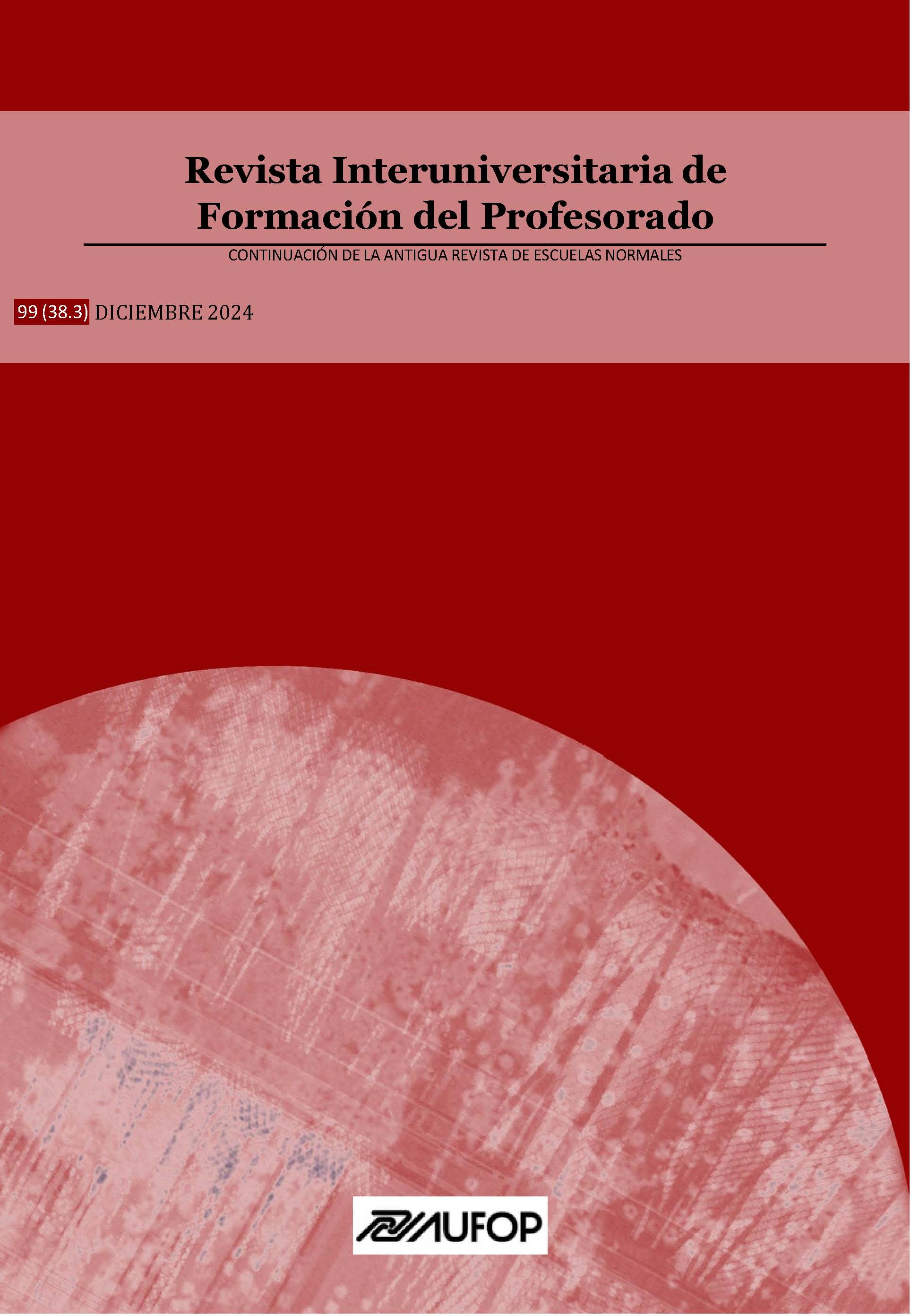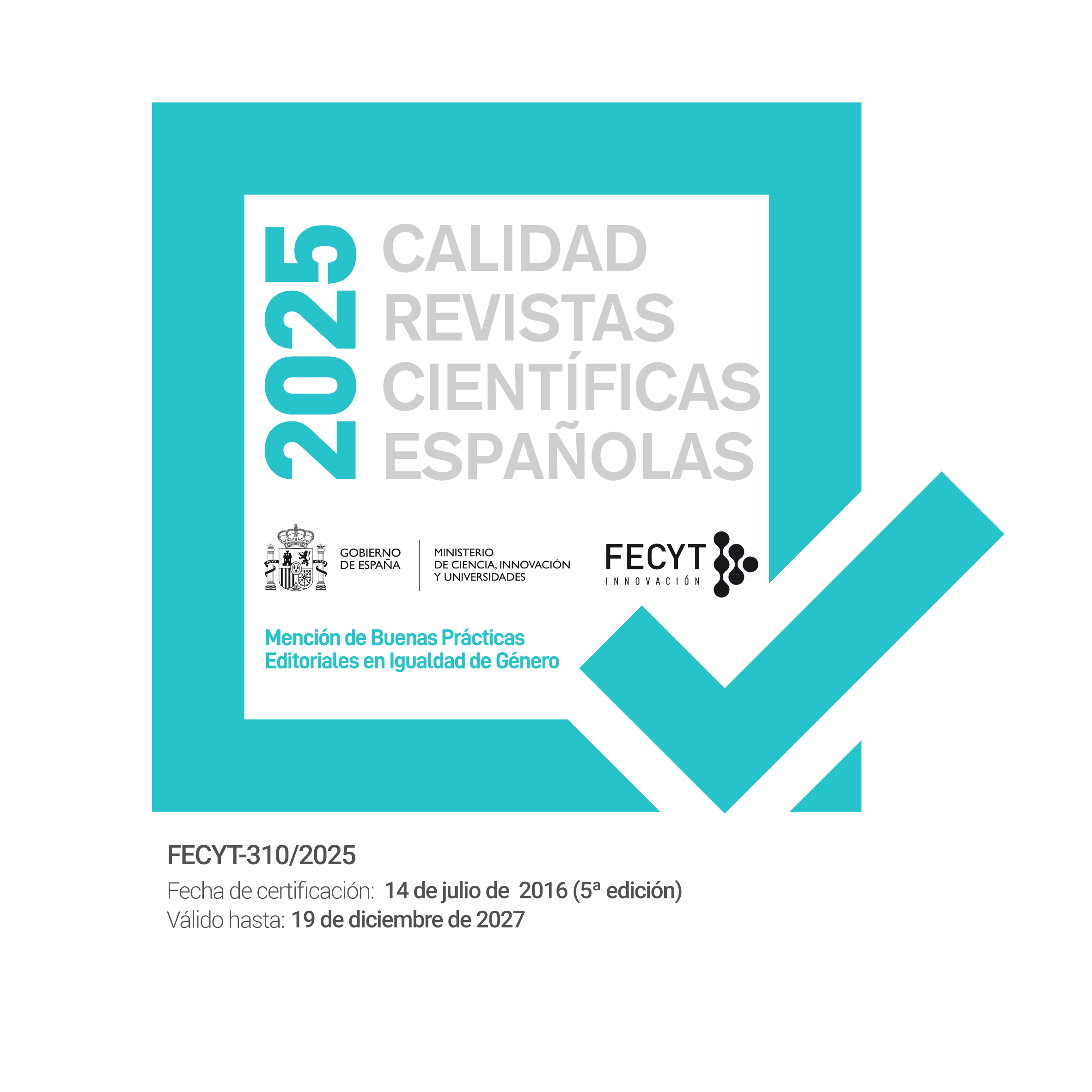A Critical Analysis of the conception of Methodological Models in International English Didactics: the Example of the "PPP Model"
DOI :
https://doi.org/10.47553/rifop.v99i38.3.109208Résumé
The purpose of this article is to critically analyze the generally restrictive and prescriptive treatment of methodological models for organizing didactic units in International English Didactics (IED). The example taken is the "PPP model" (Presentation ® Practice ® Production), the most widely implemented in textbooks and therefore probably the most widely used by teachers of this language. Its aim is to promote the "praxeologization", which consists of teachers manipulating methodological models themselves at will, rather than reproducing them, so as to constantly adapt their practices to their action environments. In describing the PPP model, this article draws on the work of specialists in the IED field, and in critiquing it, on a conceptual framework whose elements are borrowed from various philosophers and epistemologists who have worked on modeling as a tool for dealing with complexity. The article concludes with a proposal for praxeologizing activities in initial and continuing training.
Téléchargements
Publié-e
Comment citer
Numéro
Rubrique
Licence
The "Revista Interuniversitaria de Formación del Profesorado (RIFOP)", with ISSN print 0213-8646 and ISSN electronic 2530-3791), adheres to the copyright notices proposed by Creative Commons
Authors’ rights
Papers published in the journal are subject to the following terms:
1. The Asociación Universitaria de Formación del Profesorado (AUFOP) is the editor of the RIFOP and holds the copyright of the papers published therein. The reuse of these is allowed under the license for use as indicated under point 2.
© Asociación Universitaria de Formación del Profesorado (AUFOP)
2. The papers are published in electronic version under the license CreativeCommons Reconocimiento-NoComercial-SinObraDerivada 3.0 España (texto legal). Papers can be copied, used, disseminated, transmitted and publicly exhibited provided that: i) the authorship and original publication source are cited (journal, editors and URL of the paper); ii) they are nit used for commercial gain; iii) the existence and specifications of the license for use are mentioned.
3. Auto-archiving conditions. Authors are allowed and encouraged to disseminate electronic pre-print versions (versions prior to peer review) and/or post-print (versions reviwed and accepted for publication) of their papers prior to their publication, since this favors prompt circulation and dissemination and supposes a possible increase in cites and scope within the academic community.
Privacy declaration
The names and email addresses incorporated into this journal will be used solely for the declared purposes of the journal and will not be available for any other purposes or to third parties.






